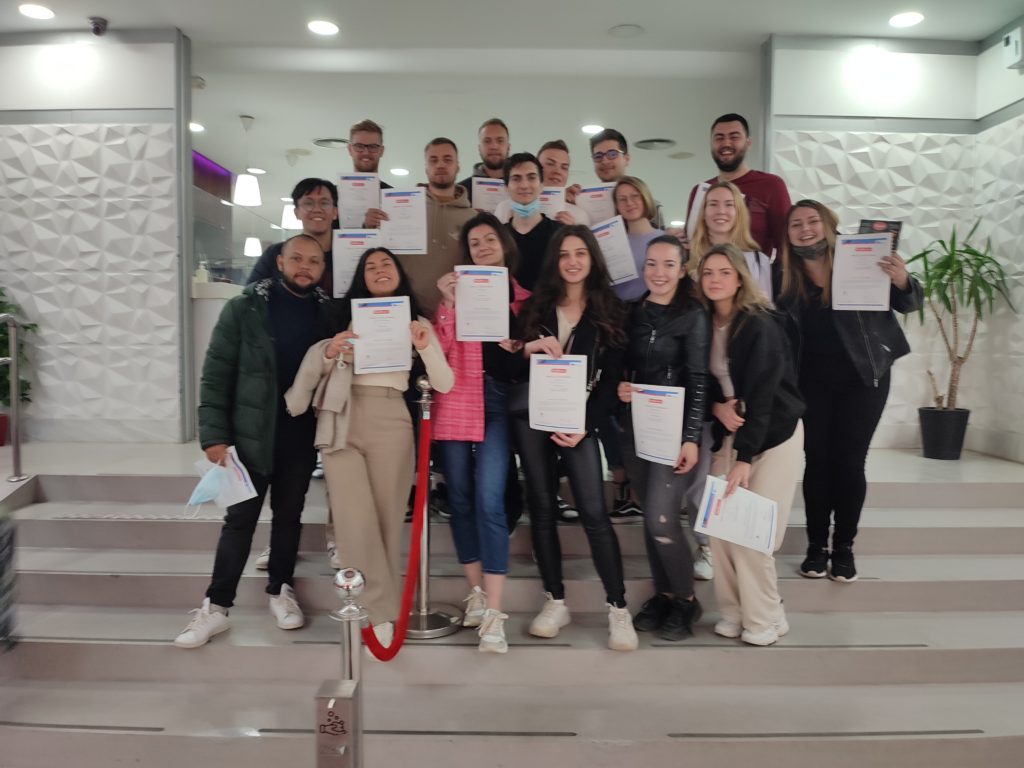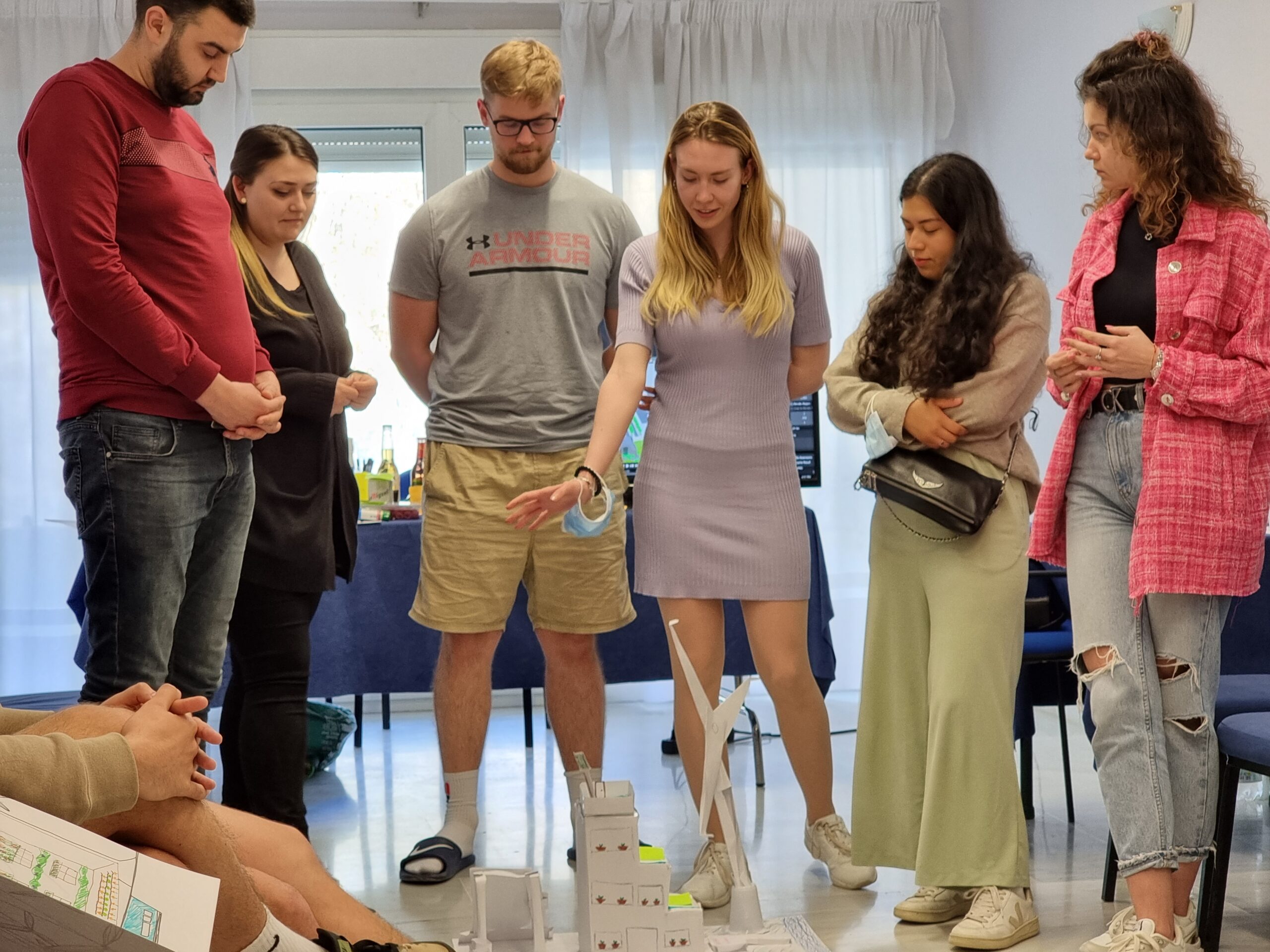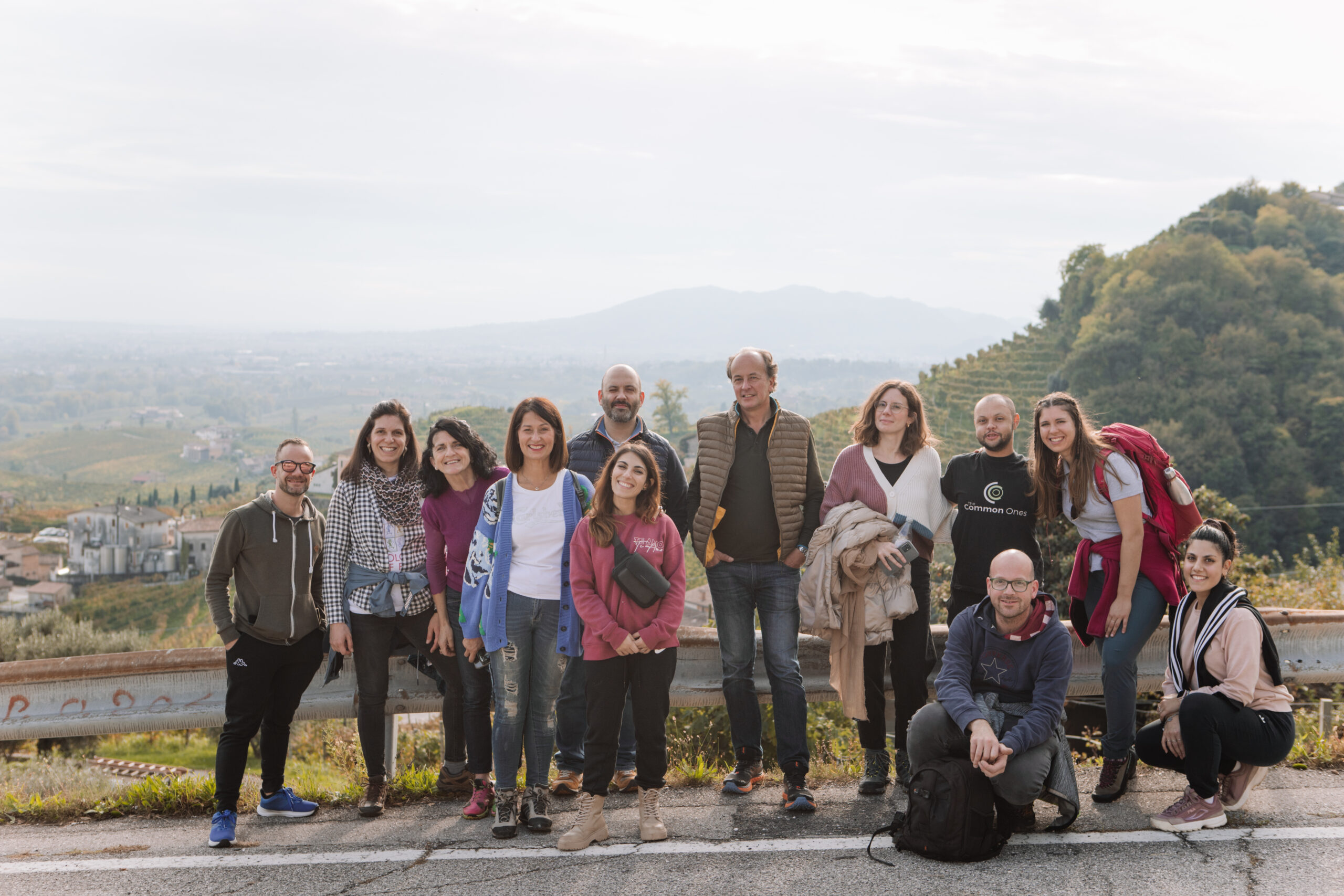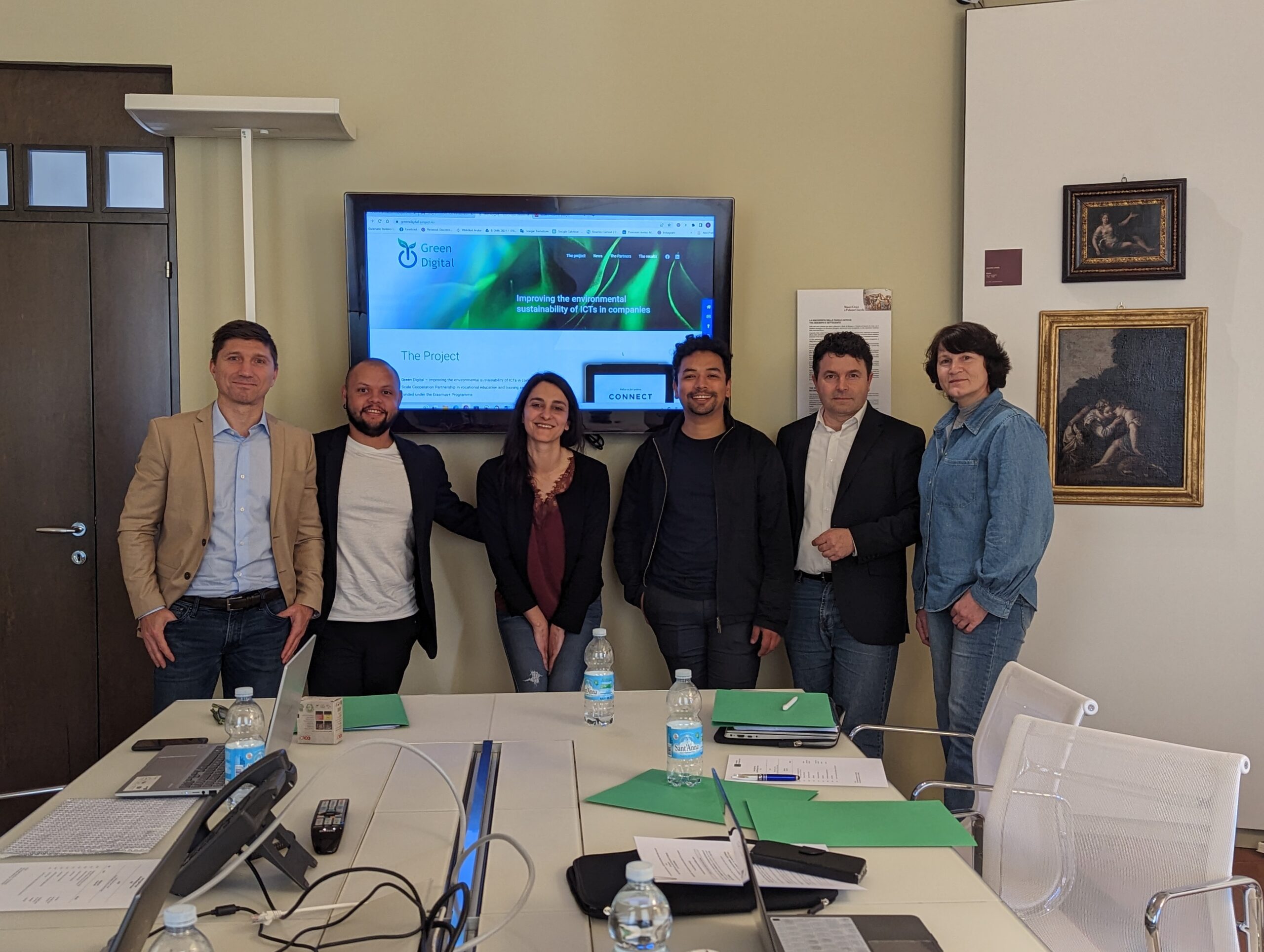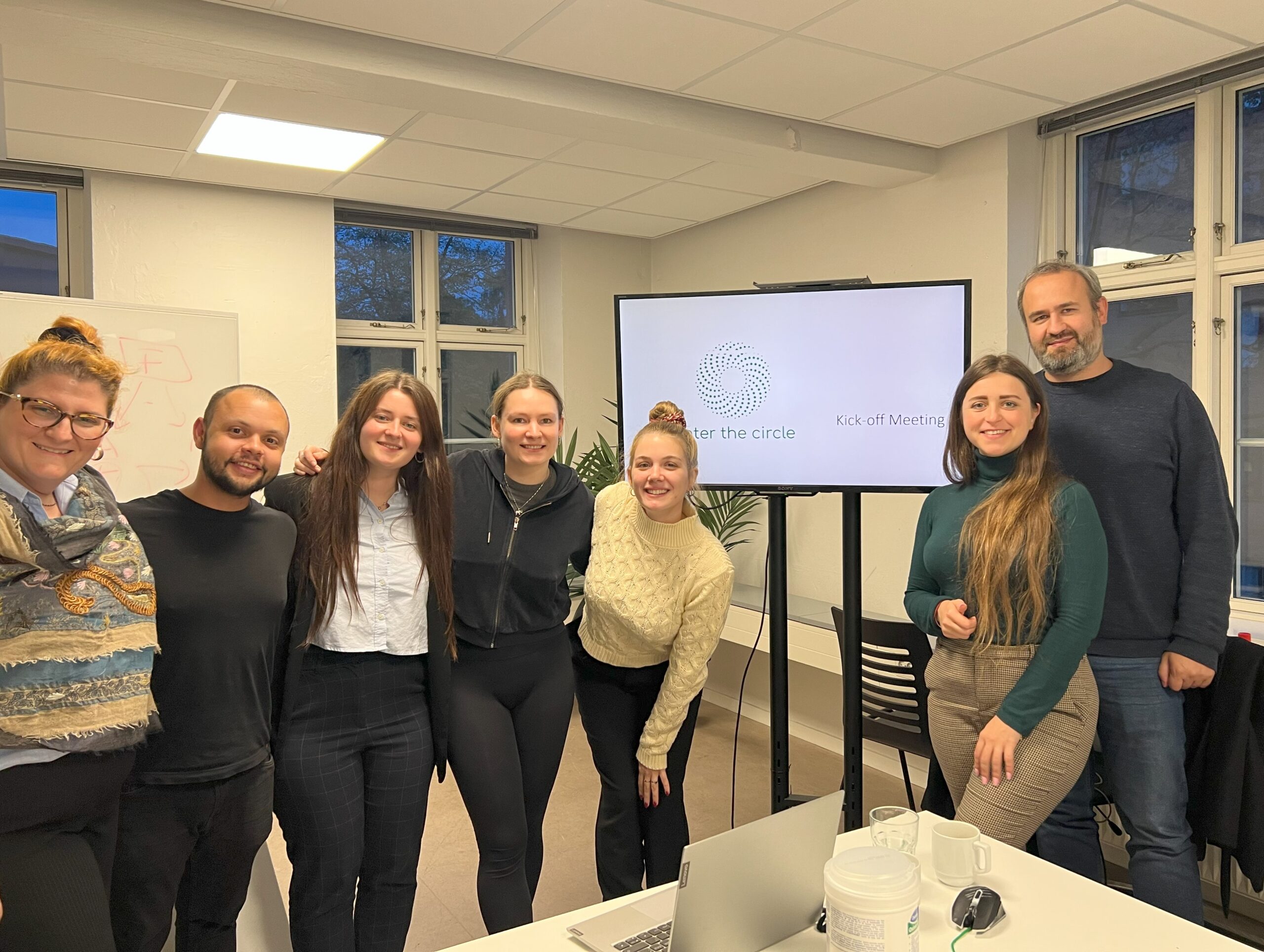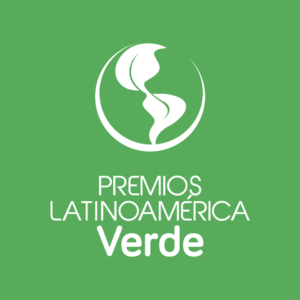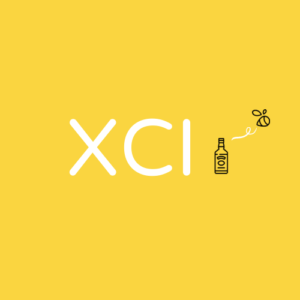In April 2022, We set course to Malaga, the reason was to take part in the training course, Greening with jobs, an EU collaboration with People of 2050, and Together for youth. The program lasted 10 days, packed with presentations, workshops, and activities around the Eu Green deal.
Participants learned about Sustainable Development Goals, green jobs, and the skills required to implement the EU green deal for 2030. The program was based on informal learning, so topics were presented in easy presentations, and dynamic activities to keep participants engaged at all times.
The training course, the hosting organization, and the trainers have been spectacular, this is reflected in the good bonding participants have established. The good balance between technical information and soft skills was key to the good facilitation of content of this kind.
It was interesting to learn about the different approaches of EU members since their contexts are different. A strategy that works for Denmark would not be the same for Italy, for example.
Actually, green jobs can be everywhere as long as employees and employers start having conversations about how to enhance sustainability in the workplace. There are key elements for this to happen: transparency, traceability, and measuring efforts to improve operations.
Some of the more technical jobs like health and safety, and environmental engineering require advanced studies, where they will learn about indicators and that sustainability is a complex matter which requires continuous improvement processes.
Collaboration among citizens, companies, and government is challenging but is key. So how do we foster collaboration and try to include as many people as possible? In this sense, there was a role-playing game that dived deep into this matter, where teams had to play engineers and villagers. The engineers were supposed to teach villagers to build a bridge using some materials available.
Communication and customs between engineers and villagers were difficult and the game progressed slowly, but this is a clear example of how things happen in the real world.
We found this type of project very interesting and align with our work, and we look forward to learning more about the Erasmus world and the interesting organizations working on it. Until next time!
